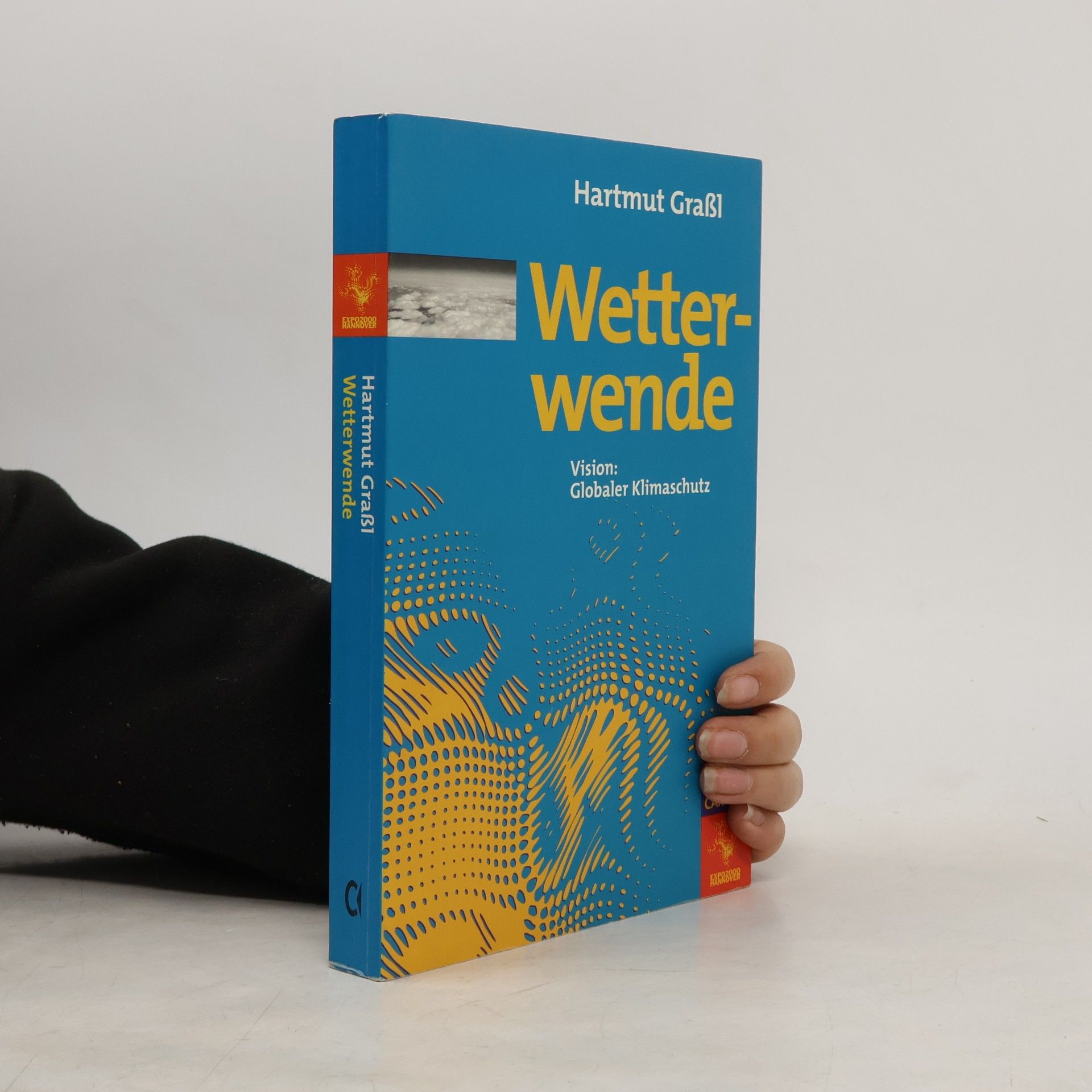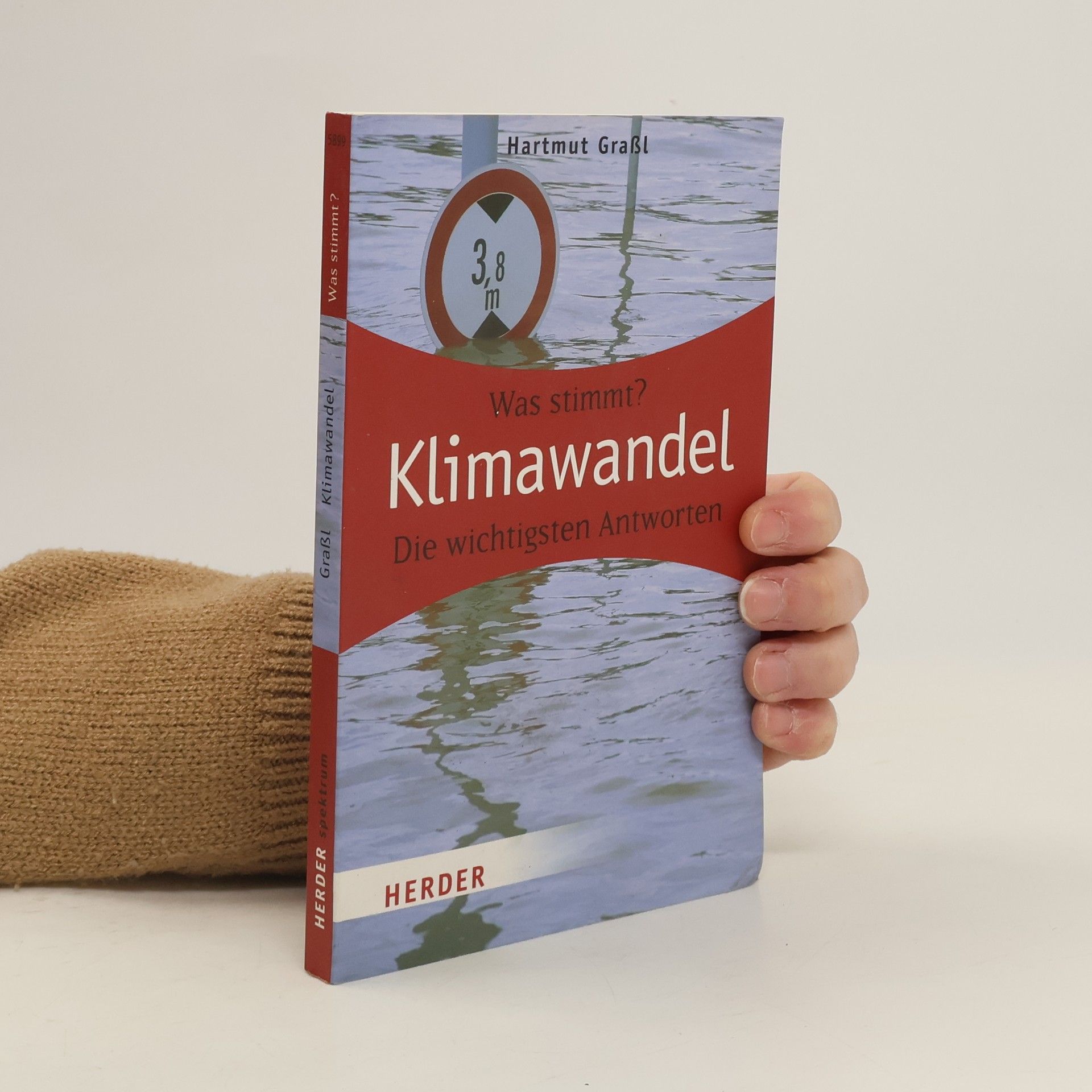Was stimmt? Klimawandel
- 128 Seiten
- 5 Lesestunden
Werden die Alpen bald gletscherfrei sein? Können wir aktiv ins Klimasystem eingreifen? Hartmut Graßl klärt auf über den Einfluss des Menschen auf das Klima, er informiert über die ökologischen und ökonomischen Auswirkungen. Und er geht der Frage nach, wie wir dem Klimawandel begegnen können.


